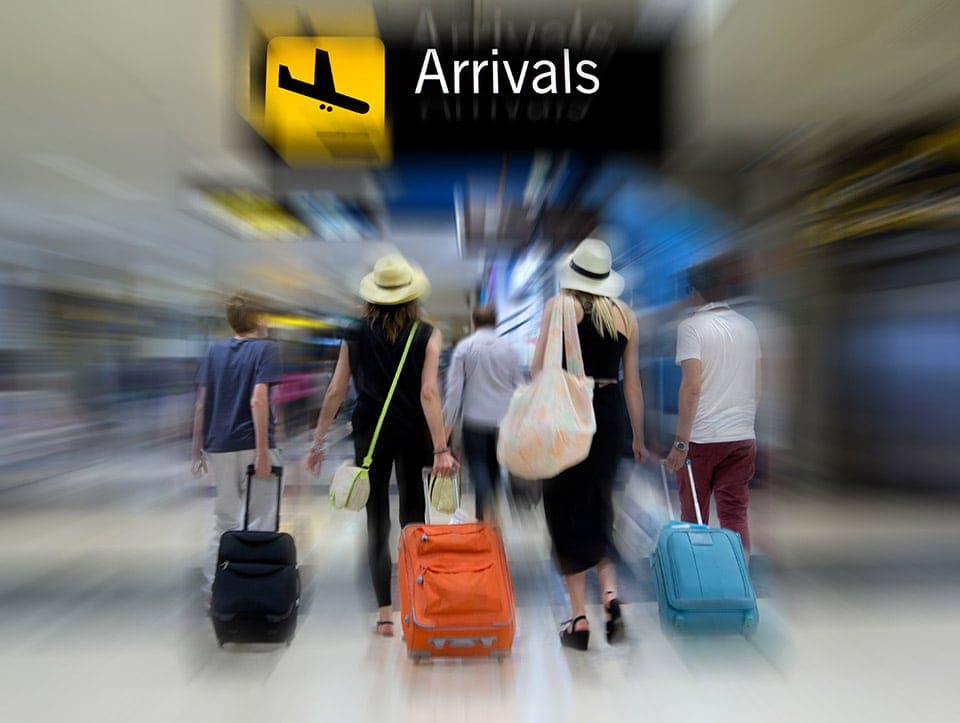back to HOME > Learning English > Business English > After a vacation
THE BLUE TREE
Business English

CEFR B1
Intermediate
warm up
Answer the questions below.
- Which holiday do you prefer, the summer or the winter?
- How long is your typical holiday break?
- What usually happens at work before you go on holiday and just after you return?
WHAT DO YOU THINK
key language
Go through all the words and phrases in this Quizlet set. Make sure you understand these words well.
LISTENING
Listen to a short article about strategies for returning to work after a holiday. What are some of the tips and advice presented in it?
reading
Complete the article you have just listened to with the missing words. Listen again, if you make more than 5 mistakes.
POLL
Read these pieces of advice and decide how practical they are. Think of some more tips and post them in the comments section.
Adapted from “How to Minimize Stress Before, During, and After Your Vacation,” by Tristan Elizabeth Gribbin
DISCUSSION
Alita: (Sighs) Hey Pete, it’s good to be back, but I feel overwhelmed with all the work that has piled up during my holiday. I don’t even know where to start.
Pete: Welcome back, Alita! I totally get how you’re feeling. Don’t worry; we can tackle this together. First things first, let’s use the next 30 minutes to go through your to-do list and make a plan to handle it effectively.
Alita: That sounds like a good idea. I guess I need to re-prioritize since the urgent tasks might have changed while I was away.
Pete: Exactly! Things might have shifted in your absence, so it’s crucial to identify what requires immediate attention now. Also, it’s essential to check in with key people, like your team members or managers, to discuss what you missed and what tasks need your immediate attention.
Alita: You’re right. I should touch base with them to get up to speed. Oh, and I need to thank the colleagues who covered for me while I was on vacation. They did a great job, and I’m grateful for their support.
Pete: That’s a thoughtful idea, Alita. Expressing your gratitude will go a long way. Plus, it’s a good opportunity to ask them if there’s anything they need from you now that you’re back.
Alita: Excellent point. I’ll make sure to do that. But, oh boy, my inbox is overflowing with emails. It’s going to take ages to read them all!
Pete: Don’t worry, Alita. Instead of going through every email one by one, start by scanning your inbox for key names, like your boss’s or significant clients. Read those first to get a sense of any pressing matters that need your immediate attention.
Alita: Ah, that’s a time-saving approach. I’ll do that right away. Hopefully, it will help me catch up faster.
Pete: I’m sure it will. Remember, take it one step at a time, and don’t hesitate to ask for help if you need it. We’re all here to support each other.
Alita: Thanks, Pete. I appreciate your advice and support. I feel more confident now that I have a plan to tackle this mountain of work!
Pete: You’re welcome, Alita! You’ve got this! Just take it one task at a time, and you’ll be back on track in no time. If you need any assistance, don’t hesitate to ask. Good luck!
Alita: Thanks again, Pete. I’ll do my best to get back into the swing of things. Let’s get to work!
LANGUAGE NOTES
Focus on the bold fragments of the conversation. Answer the language questions below.
- What is the correct pronunciation of “pile, pill, pale, peel“?
- What does the expression “be back on track in no time” mean?
- What does it mean that Alita’s inbox is overflowing?
- What does it mean that ‘something will go a long way‘?
- Which word is the synonym of the word “urgent“?
- What are the synonyms of the phrase “first things first“?
- Which expression means to get in touch or contact somebody?
- Which word is the synonym of the word “considerate“?
- Which phrase is the synonym of “gradually“?
- What is the meaning of “get” in the phrase “I totally get how you’re feeling“?
- What does Pete mean when he says: “You’ve got this!“?
- Which expression can be replaced with “work in my usual pace“?
Now, discuss the questions below.
How do you usually feel about returning to work after a holiday? Is it challenging for you to get back into the work routine, or do you find it easy to transition back?
How do you manage the overwhelming workload that often accumulates during your absence? Do you have any strategies or tips to share with others?
Have you ever experienced a shift in priorities upon returning to work after a holiday? How do you handle reprioritizing tasks to address urgent matters?
When you return to work after a holiday, do you prefer to take some time for yourself to ease back into the routine, or do you jump right into tasks and emails?
How do you ensure effective communication with your team members and colleagues after your time away? Do you have any methods for catching up on important updates and discussions?
What are some practical ways you show appreciation to colleagues who cover for you during your vacation? How important do you think it is to thank them for their support?
Have you ever encountered any specific challenges or unique situations when returning to work after a holiday? How did you overcome them, and what did you learn from those experiences?






COMMENTS
Do you have any other tips or advice on how to avoid the post-holiday burnout?
0 Comments